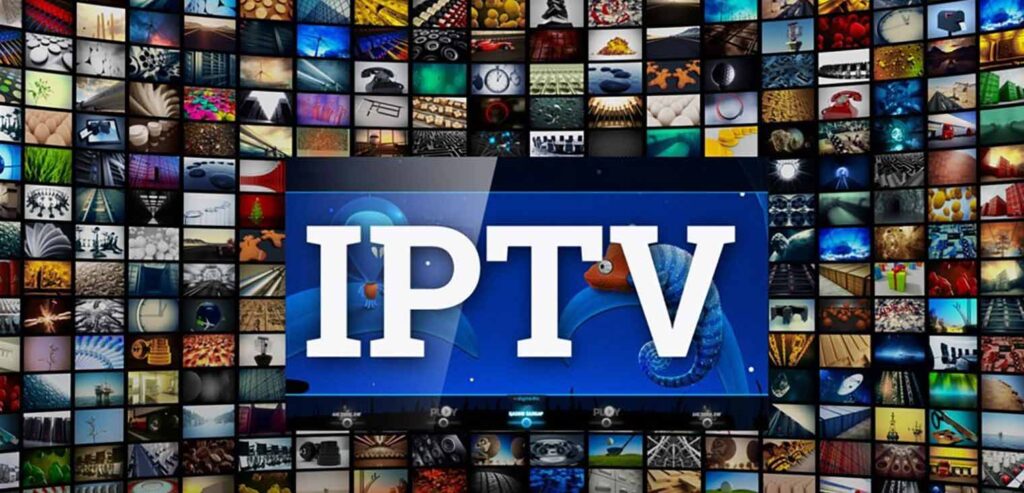The advent of Internet Protocol Television IPTV has significantly transformed the landscape of television viewing, offering a revolutionary shift from traditional broadcasting methods to an on-demand entertainment model that caters to the diverse needs of modern audiences. Unlike conventional television services, which rely on satellite or cable infrastructure, IPTV utilizes internet connections to deliver a vast array of content directly to viewers’ devices. This technological advancement allows for a personalized viewing experience, empowering consumers to watch what they want, when they want, and on the devices of their choosing, be it smart TVs, tablets, or smartphones. The flexibility and convenience offered by IPTV are pivotal in attracting viewers who seek more control over their entertainment options. With features such as video-on-demand, catch-up TV, and personalized recommendations, IPTV platforms create a tailored experience that enhances viewer engagement and satisfaction.

Furthermore, IPTV allows for an extensive library of content, including not only popular television shows and movies but also niche programming that may not be available on traditional channels. As a result, viewers can explore a wide variety of genres and formats, from documentaries and indie films to foreign dramas and classic series, enriching their overall entertainment experience. Additionally, the interactive capabilities of IPTV, such as the ability to pause, rewind, or fast-forward content, mirror the functionalities of streaming services, making it increasingly appealing to audiences accustomed to binge-watching and immediate access to their favorite programs. The integration of social media and community features within IPTV platforms further enhances the user experience, enabling viewers to share recommendations, discuss content in real time, and even participate in live events, thereby fostering a sense of community around shared interests.
Moreover, the rise of IPTV has sparked a competitive landscape among content providers, leading to innovations in content delivery and production. Major players in the media industry are now investing heavily in original programming to capture and retain subscribers, resulting in a surge of high-quality content that rivals traditional television productions. This shift not only benefits consumers but also challenges traditional networks to adapt to changing viewer preferences, often leading to the creation of hybrid models that blend linear and on-demand content. In regions with limited access to conventional cable services, IPTV emerges as a lifeline, democratizing content access and bridging the digital divide. The global reach of the internet means that viewers can access best iptv services from virtually anywhere, enabling providers to tap into international markets and cater to diverse cultural tastes. This democratization of content access is particularly beneficial in fostering diverse storytelling and representation, as independent creators and international filmmakers can now reach audiences without the gatekeeping of traditional media channels.